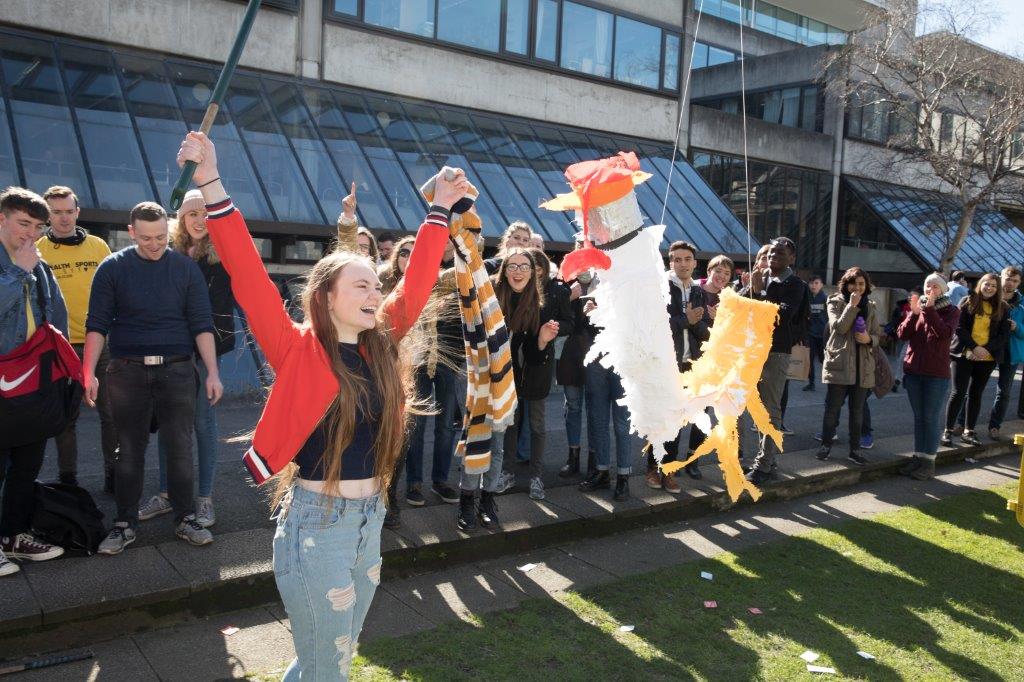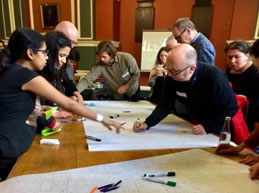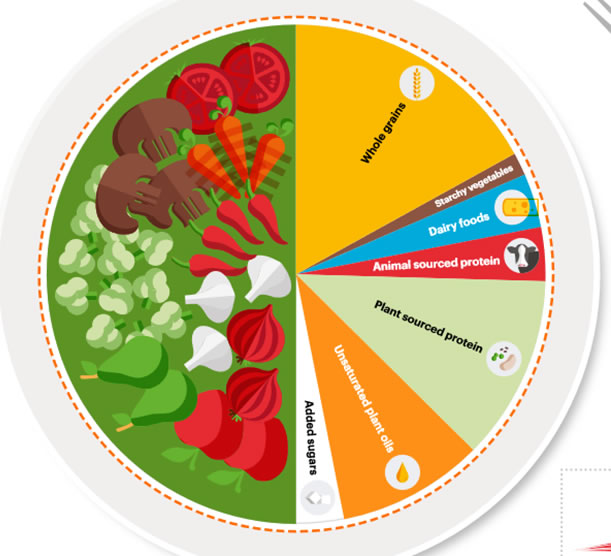Climate Change and Public Health
Introduction
Climate change is the greatest threat to global health in the 21st century. The evidence is overwhelming: climate change endangers human health. Solutions exist and we need to act decisively to change this trajectory. (World Health Organisation). We have so much as individuals and communities to gain from taking climate action, in particular when it comes to public health.
Tobacco 
Most people know tobacco kills, but few are aware that 5% of greenhouse are caused by deforestation associated with tobacco growth. Trinity, by being a tobacco free campus, participates in controlling the tobacco industry and the harm it does to people in terms of cardiovascular disease and cancer as well as to the planet in terms CO2 emissions, inefficient land use, plastic pollution and contamination of our waters and wildlife. In the next ten years, we must take learnings from tobacco control and apply them where we can, to other industries that are promoting over-consumption, to the detriment of individual and environmental health.
Liveable Dublin
Dublin is one of the most congested cities in Europe. Whilst cars are an important form of transport in Ireland, too much public space has been given them. Since 2001, car ownership in Ireland has increased by 50%. Many people think of roads as places where cars move. Actually, roads are public space that can be allocated to widening of footpaths, to segregated cycling, as play spaces for children or as greens space and pocket parks for people and wildlife.
Since 2018, Trinity has been working on the LiveableDublin initiative which aims to support actors in the city who are trying to make Dublin a place for people. Trinity must continue to work for and with the city to support action that allocates public space in a healthy and sustainable way. People will benefit through increased physical activity, cleaner air and greater social interaction. The environment will benefit from less pollution and more biodiversity.
Food 
In 2019, the Lancet released a report that made the case for plant slant or whole food, plant-based diets. And certainly, reduced meat and dairy consumption is good for both individual and planetary health. But we live on a lush green island in the Atlantic Ocean with excellent farmers raising some of the best beef and dairy in the world. There has been very little public discourse on the grey area the Lancet report has created in Ireland. Through research and education and by promoting public debate, Trinity can support our farmers and those within the food industry who are rising to the challenge the report sets.
Mental health
During the COVID-19 pandemic, mental health has been at the forefront of public discourse. But many of us had been wringing our hands with climate anxiety long before COVID arrived. Despite individual actoin, with the exception of 2020, emissions keep rising. To support the mental health of our community, Trinity needs to act for systemic change.
Conclusion
Trinity can be a university that empowers our community to take decisive and difficult climate action. From a health and climate perspective, we have so much to gain.

